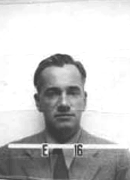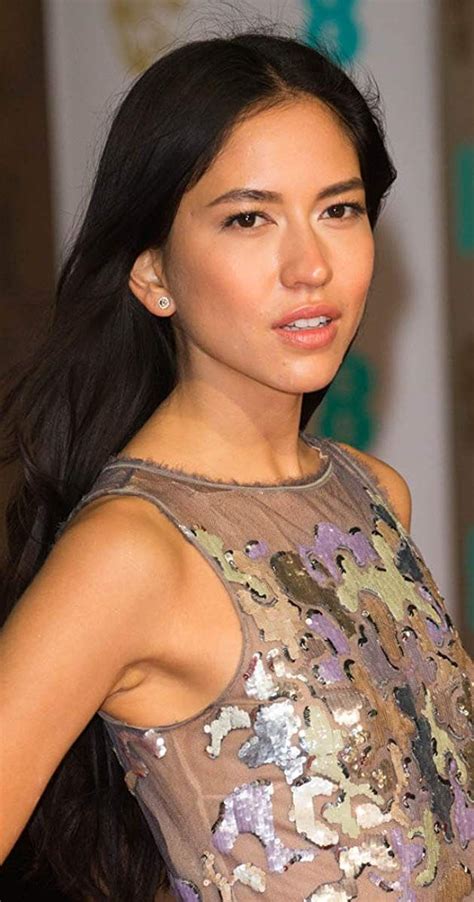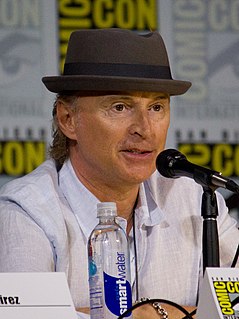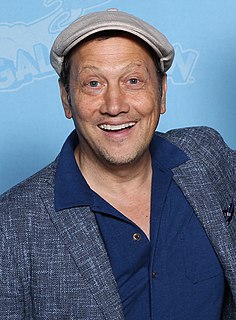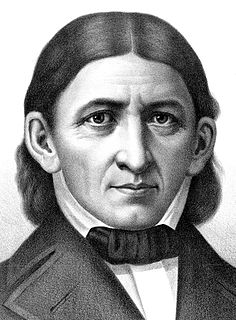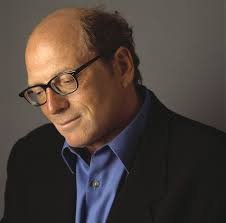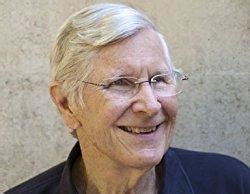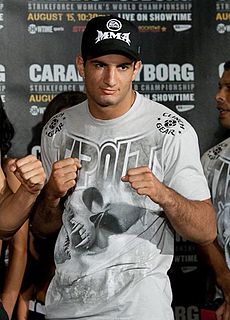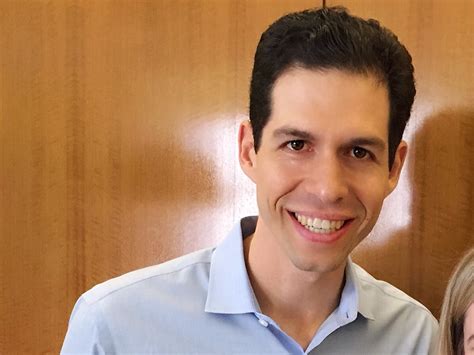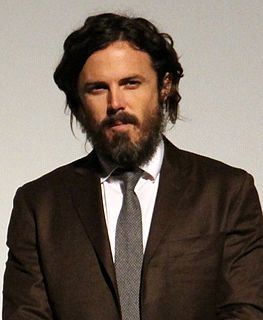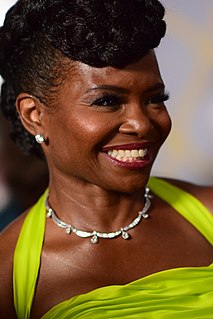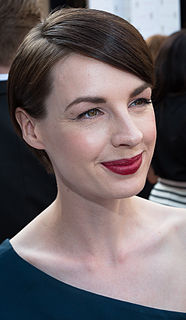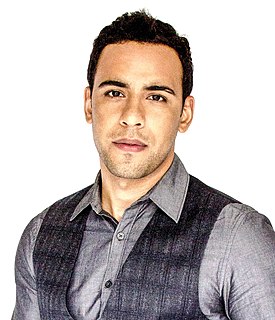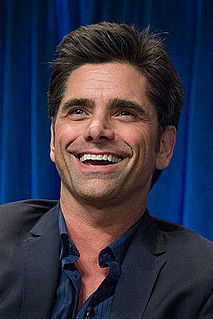Top 1200 Good Childhood Quotes & Sayings - Page 5
Explore popular Good Childhood quotes.
Last updated on November 24, 2024.
Scientists have one thing in common with children: curiosity. To be a good scientist you must have kept this trait of childhood, and perhaps it is not easy to retain just one trait. A scientist has to be curious like a child; perhaps one can understand that there are other childish features he hasn't grown out of.
For most of my childhood, I grew up in the countryside of England, where it was very suburban - there weren't a lot of people who were multicultural like my family. It was a place where the blonde and brunette girls in school were considered gorgeous. And because of that, I remember feeling like I wasn't good enough.
Play is the highest expression of human development in childhood for it alone is the free expression of what is in a childs soul.”• “Play is the highest level of child development . . . It gives . . . joy, freedom, contentment, inner and outer rest, peace with the world . . . The plays of childhood are the germinal leaves of all later life.”• “Children are like tiny flowers; they are varied and need care, but each is beautiful alone and glorious when seen in the community of peers.
We find that even the parents who justify spanking to themselves are defensive and embarrassed about it....I suspect that deep inthe memory of every parent are the feelings that had attended his own childhood spankings, the feelings of humiliation, of helplessness, of submission through fear. The parent who finds himself spanking his own child cannot dispel the ghosts of his own childhood.
I think it's very common that scientists or technical people have an artistic side. Sometimes they are very accomplished musicians. Sometimes they have very fine tastes according to art or design. And often, they've spent a big chunk of their childhood or they're growing-up years trying to get in very good at those activities.
So much of our early gladness vanishes utterly from our memory: we can never recall the joy with which we laid our heads on our mother's bosom or rode on our father's back in childhood; doubtless that joy is wrought up into our nature, as the sunlight of long-past mornings is wrought up in the soft mellowness of the apricot; but it is gone forever from our imagination, and we can only believe in the joy of childhood.
I like to keep people around me like the guys I have on the road with me, three of them were childhood friends of mine when I was growing up in Scotland. They don't look at me any different than when we were in primary school. So it's good to keep people like that around you. I think if you surround yourself with good honest people, they will tell you what to hear when you need to hear it.
To play the trumpet, you must train your lips for a long time. When I was twelve or thirteen I was a good player, but I lost the skill and now I play very badly. I do it every day even so. The reason is that I want to return to my childhood. For me, the trumpet is evidence of the sort of young man I was.
I am fairly certain that my independent, high-spirited grandmother must have had a childhood similar to Betsy Ray'sAs I read about the School Entertainment and ice cream socials, about ladies leaving calling cards and the milkman with his horse-drawn wagon, I felt that I was having an unexpected and welcome peek into Granny's childhood-a gift to me from Maud Hart Lovelace
In childhood our credulity serves us well. It helps us to pack, with extraordinary rapidity, our skulls full of the wisdom of our parents and our ancestors. But if we don't grow out of it in the fullness of time, our ... nature makes us a sitting target for astrologers, mediums, gurus, evangelists, and quacks. We need to replace the automatic credulity of childhood with the constructive skepticism of adult science.
I think trauma gets a reductive treatment. We tend to think only violence or molestation or total abandonment qualify as "childhood trauma," but there are so many ruptures and disturbances in childhood that imprint themselves on us. Attachment begets trauma, in that broader sense, and so if we've ever been dependent on anyone, I think there is an Imago blueprint in us somewhere.
All my life I have had an awareness of other times and places. I have been aware of other persons in me. Oh, and trust me, so have you, my reader that is to be. Read back into your childhood, and this sense of awareness I speak of will be remembered as an experience of childhood. You were then not fixed, not crystallized. You were plastic, a soul in flux, a consciousness and an identity in the process of forming--ay, of forming and forgetting.
We each deal with childhood in different ways. That brothers and sisters can take the same lump of clay that is childhood and use it to shape themselves into unique human beings is a miracle in itself. Despite individual struggles, triumphs, joys and disappointments, someone is made of the same stuff and has been at your side, whether figuratively or literally, from the beginning. Use our brother and sister quote collection to explore this truth and gain compassionate understanding for yourself and your siblings.
Before seeing Truffaut 's Small Change, I was afraid it was going to be one of those simple, natural films about childhood which I generally try to avoid I'm just not good enough to go to them. But this series of sketches on the general theme of the resilience of children turns out to be that rarity a poetic comedy that's really funny.
If there is any realm where distinction is especially difficult, it is the realm of childhood memories, the realm of beloved images harbored in memory since childhood. These memories which live by the image and in virtue of the image become, at certain times of our lives and particularly during the quiet age, the origin and matter of a complex reverie: the memory dreams, and reverie remembers.
But when I realized it was actually going to be this portrait of the artist, birth to death, I had to then discover who Margaret as a young woman would be. I had to find the different voices for her throughout her life. I had a lot of fun discovering that. I had a lot of fun writing the childhood sections. By imagining her childhood, I was able to come up with this voice that matures as she gets older.
The children's writer not only makes a satisfactory connection between [the writer's] present maturity and his past childhood, he also does the same for his child-characters in reverse - makes the connection between their present childhood and their future maturity. That their maturity is never visibly achieved makes no difference; the promise of it is there.
It is among the ranks of school-age children, those six- to twelve-year-olds who once avidly filled their free moments with childhood play, that the greatest change is evident. In the place of traditional, sometimes ancient childhood games that were still popular a generation ago, in the place of fantasy and make- believe play . . . today's children have substituted television viewing and, most recently, video games.
We all have known good critics, who have stamped out poet's hopes; Good statesmen, who pulled ruin on the state; Good patriots, who, for a theory, risked a cause; Good kings, who disemboweled for a tax; Good Popes, who brought all good to jeopardy; Good Christians, who sat still in easy-chairs; And damned the general world for standing up. Now, may the good God pardon all good men!
In my own one-woman show, 'Feeling Good,' I talk about my childhood and write a letter to my younger self in the show. The most important thing I would tell her is to trust my instincts. Just trust them. They're little whispers from God, I think. You've heard it a million times, but it's true: Listen to that inner voice.
We're taught to find the antecedents to our adult failures in childhood traumas, and so we spend our lives looking bacwards and pointing fingers, rather than bucking up and forging ahead. But what if your childhood was all a big misunderstanding? An elaborate ruse? What does that say about failure? Better yet, what does that say about potential?
My first memoir, 'Home,' was about my childhood, early training and formative years in the Theater, i am so pleased that my good friends at the Hachette Book Group have encouraged me to share the next phase of my life, beginning with my arrival in Hollywood and the wonderful movies and television programs I was asked to be a part of.
I felt I had a very innocent childhood and I feel privileged by that. But as an adult, I know that there were people who didn't have that. There are a lot of teens who haven't had as easy a childhood as me, and having literature that explores these "darker" parts helps relieve the burden and stress they may be feeling. As a writer, there is often a temptation to draw back when we write for teens - to preserve their innocence. But the reality is, if someone has already had that innocence taken in their life, then not writing about it is just brushing it under the rug.
I think I'm still fed by my childhood experience of reading, even though obviously I'm reading many books now and a lot of them are books for children but I feel like childhood reading is this magic window and there's something that you sort of carry for the rest of your life when a book has really changed you as a kid, or affected you, or even made you recognize something about yourself.
I thought, "Well, I'm writing about early childhood, so maybe it would make sense to write about late childhood as well, early adulthood." Those were my thoughts, and this was how this crazy book [Winter Journal] was composed. I've never seen a book with pictures like at the end, pictures related to things you've read before.
Most of the things that I remember from childhood wouldn't make a particularly good story: rescuing worms during rainstorms, our schnauzer attacking a wheel of cheese when someone dropped it during dinner, my parents tricking us into riding Space Mountain at Disney World (we thought it was an educational people-mover kind of ride), playing Star Wars (I got to marry Harrison Ford and my sister married Luke Skywalker) in first and second grade. On the other hand, we always had lots of interesting babysitters--seminary students and friends of my parents--who told really good ghost stories.
